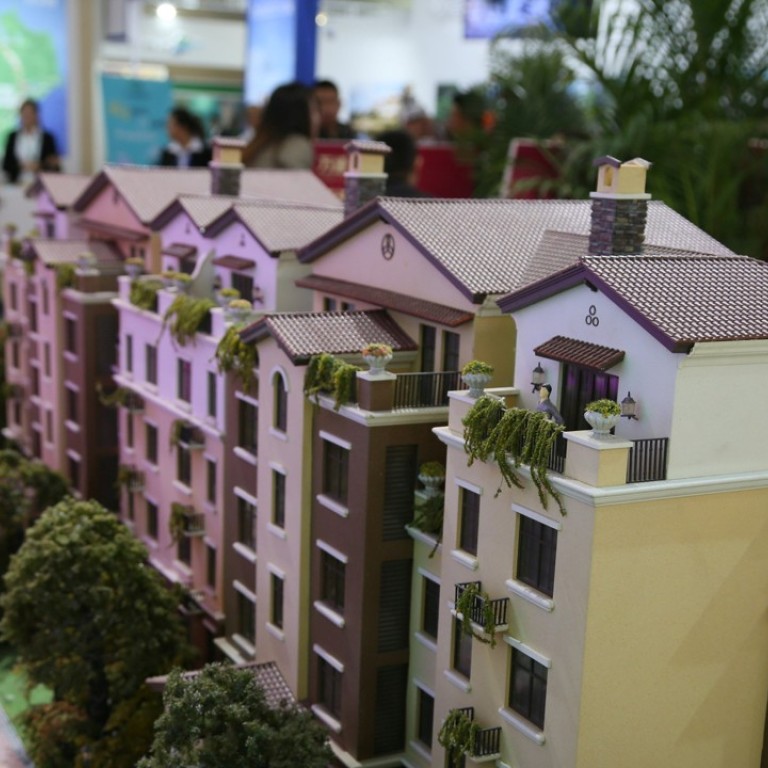
New | Beijing’s May home prices decline for the second month as market curbs begin to bite
Transaction volume and prices fell in 10 of Beijing’s 14 districts, led by declines in Tongzhou and Yizhuang, according to data by 5i5j.
The average transaction price of pre-owned residences, which form the majority of property transactions in Beijing and are therefore the most sensitive to policy shifts, declined 2.4 per cent in May from a month earlier, following a 6.8 per cent drop in April, according to data by 5i5j, the second-largest agency in the city.
Transaction volume and prices fell month-on-month in 10 of 14 districts, the most severe being in Tongzhou (通州) and Yizhuang (亦莊), 5i5j said.
Property transactions have cooled dramatically since March 17, when the Beijing municipal government enacted a rule that required second-property buyers to put down 80 per cent of the property’s value as deposit to secure a purchase, the highest proportion in the country. Home owners with existing mortgage loans, even if they have already paid off their loans, are still defined as prior-home owners and thus are subject to the higher down payment.
“The majority of transactions in Beijing comprises people who sold their existing homes for a new one, so the tough definition of ‘first-time buyers’ is a big hit to the demand of these buyers who are trying to trade up,” said 5i5j’s vice president Hu Jinghui. “If one customer can’t sell his home, he can’t buy the next, whose owner may also be trading up, so the whole curb causes a chain reaction.”
The chain reaction has led to a shrinking in the number of transactions, with sales dropping 39 per cent in May, after declining 35 per cent in April, 5i5j said.
That’s dashing the hopes of property owners of Tongzhou, who have chased prices to a peak in March on anticipation the district would be the preferred location when the Beijing municipal government relocates from the overcrowded capital. Now at least part of the relocation involving the central government would be moved to Xiong’an, instead of Tongzhou.
Wang Mei, a 35-year high-school teacher, is one property owner who found herself caught at the wrong end of the bet. She paid 33,000 yuan (HK$37,655) per square meter for a three-bedroom, 135 square meter (1,453 sq ft) apartment in September 2016. By March of this year just before the Chinese government’s Xiong’an announcement, prices had soared 50 per cent to a record 50,000 yuan per sq m.
Soon after, prices started to decline. A similar unit in her building on the ceiling floor, which is usually not favoured by Chinese buyers, is now being listed for 46,000 yuan, she said.
“Things changed overnight after March 17,” Wang said. “Many people can’t afford the minimum down payment due to the new policy. People who used to make inquiries about listings in the neighbourhood have stopped asking.”

